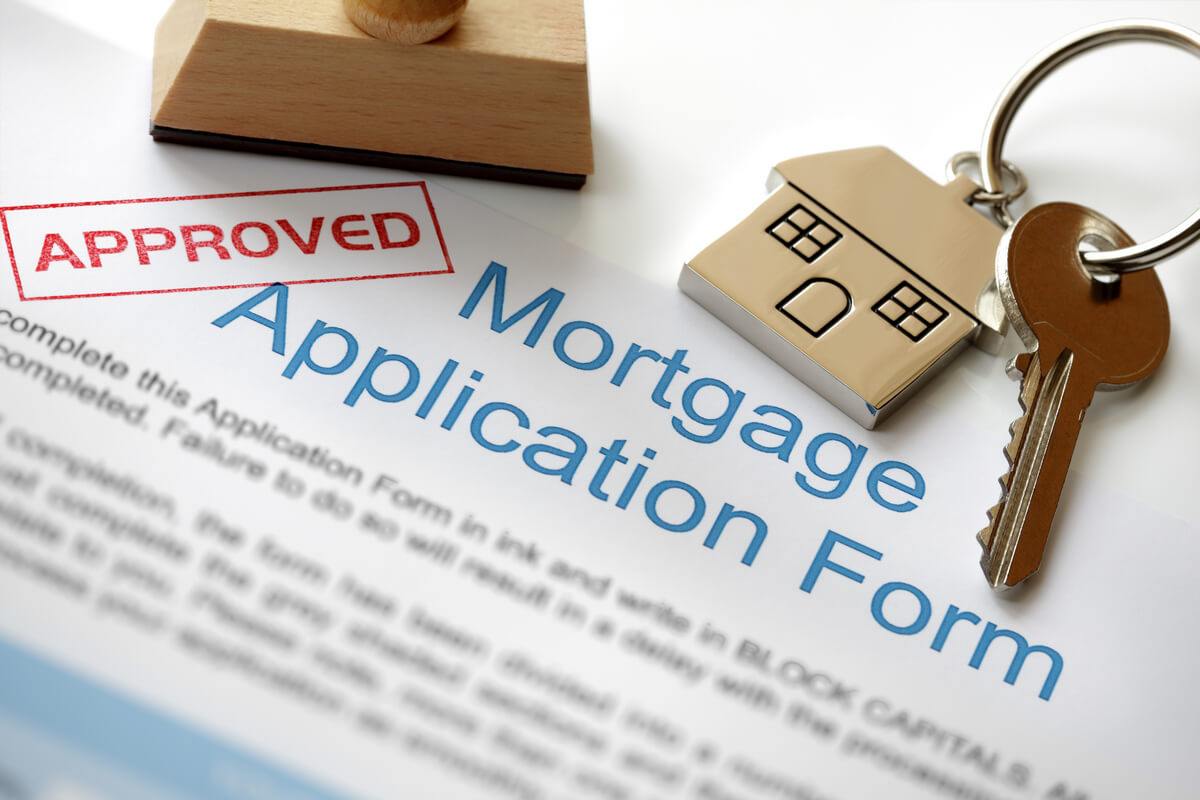A 30-year mortgage is the most popular option for home buyers, and there are many reasons why it’s so appealing. Just because it’s the most common mortgage doesn’t mean that it’s the right choice for everyone, though. Before you settle on the term of your mortgage, you should weigh the pros and cons of each decision. Here are the main benefits and drawbacks of getting a 30-year mortgage:

Pro: Your monthly payment is lower.
One of the most important and desirable advantages of getting a 30-year mortgage is that your payments are less expensive. By stretching out the lifespan of the loan, your monthly bills can feel much more manageable. You’ll have more breathing room in your budget, and you’ll have a chance to achieve other financial goals with your extra income. In the event of a job loss or other financial emergency, staying afloat will be easier when your mortgage payment makes up a smaller percentage of your budget.
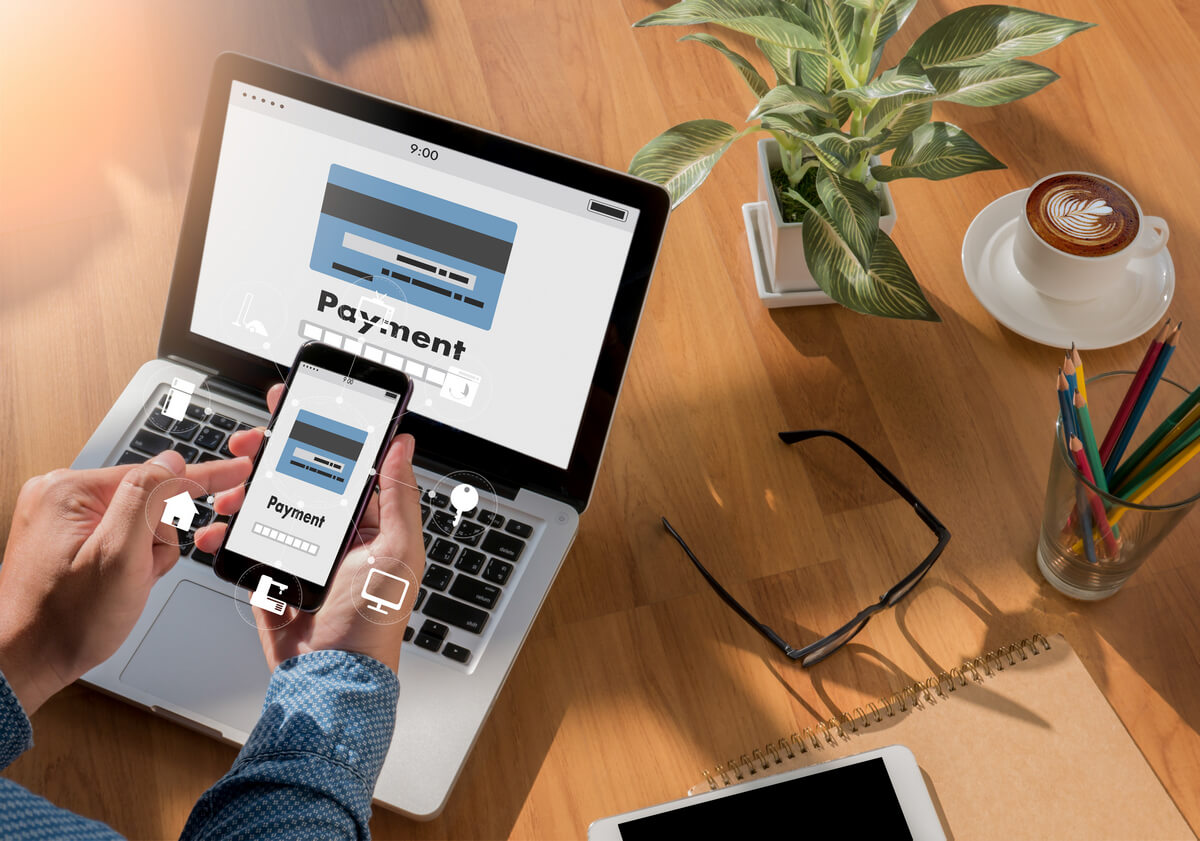
Con: You’re facing 30 years of payments.
The most obvious downside to a 30-year mortgage is that it lasts for 30 years. Depending on how old you are, it can be difficult to imagine continuing to pay the same mortgage payment for three decades. If you’re in your 20s, you’ll probably still be working full-time when your mortgage term ends. If you’re in your 40s or 50s, though, getting a 30-year mortgage will mean that you may still be making payments well into your retirement. The payments may feel reasonable now, but you have to consider where you’ll be 20 to 30 years from now.
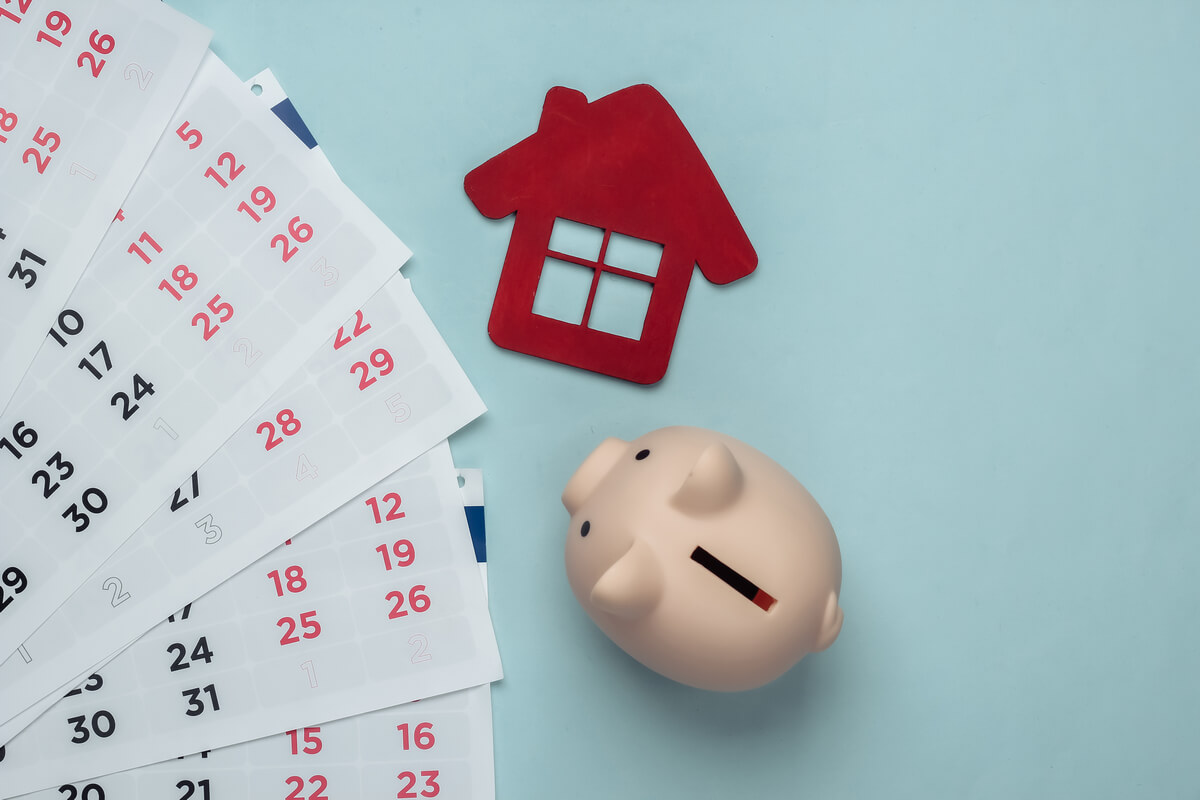
Pro: You can make larger payments, but you don’t need to.
If you want to pay your mortgage off early, you have the option of making larger or more frequent payments on your loan in addition to the typical monthly payment. However, you aren’t obligated to make these larger payments, and you can fall back on the lower amount at any time. Some homeowners like to approach their mortgage this way because it provides some extra security and peace of mind while they work toward paying off their homes.
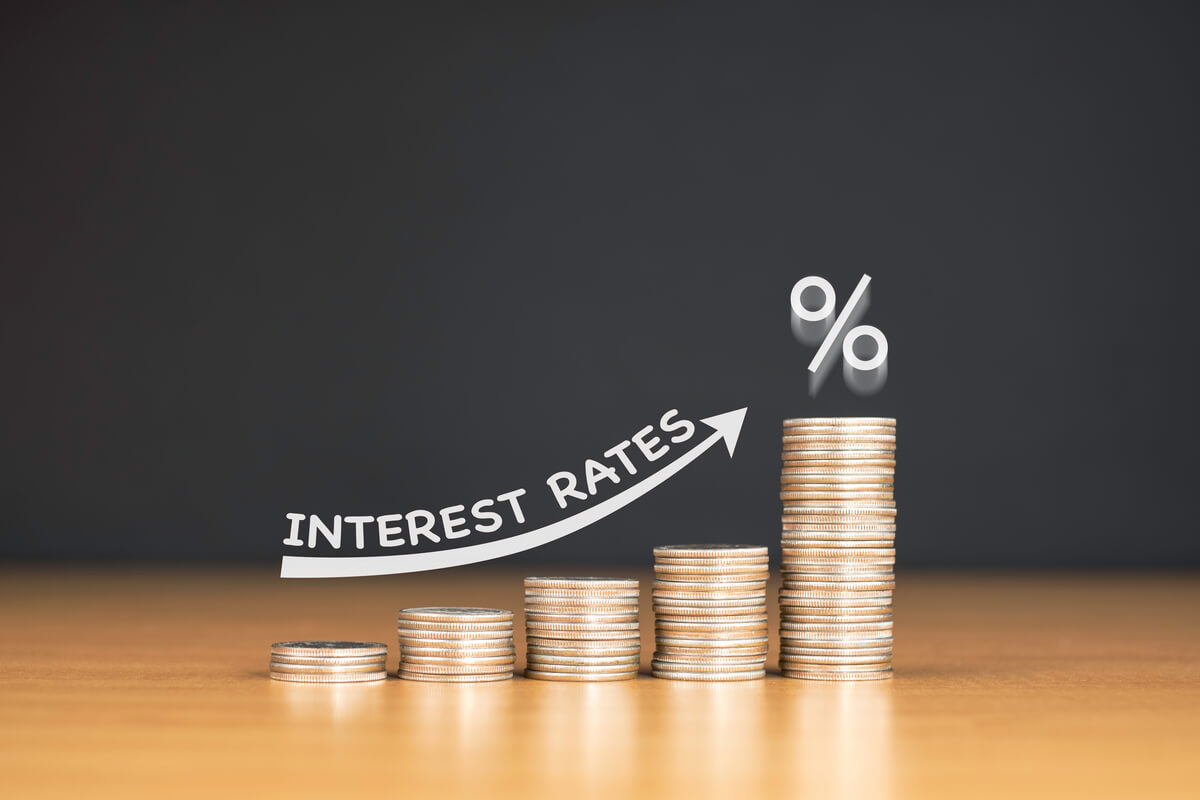
Con: You’ll pay more in interest over the lifespan of the mortgage.
Every extra year with your mortgage means more interest. The amount of interest that accrues with a 30-year loan compared to a 15-year loan can be shocking. When you’re considering your long-term financial goals, you may find that it’s better to take on a shorter mortgage term and then use the money you saved in interest on another investment.
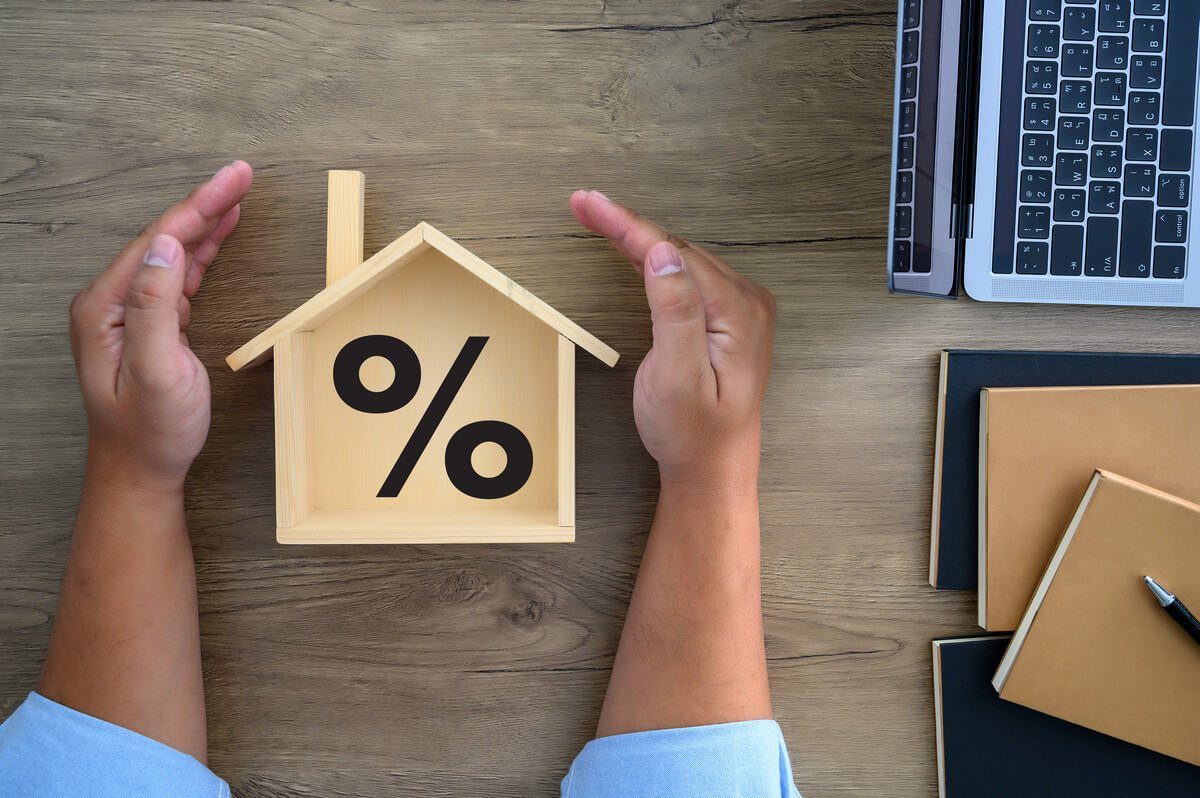
Pro: Qualifying for a 30-year mortgage can be easier than qualifying for a shorter mortgage.
Because the monthly payment for a 30-year mortgage is lower, it’s easier for homeowners to qualify for the loan. The lower the payment is, the less the lender has to worry about you missing payments or underpaying. Therefore, it’s a good choice if you don’t have much disposable income and might not qualify for a larger monthly payment.
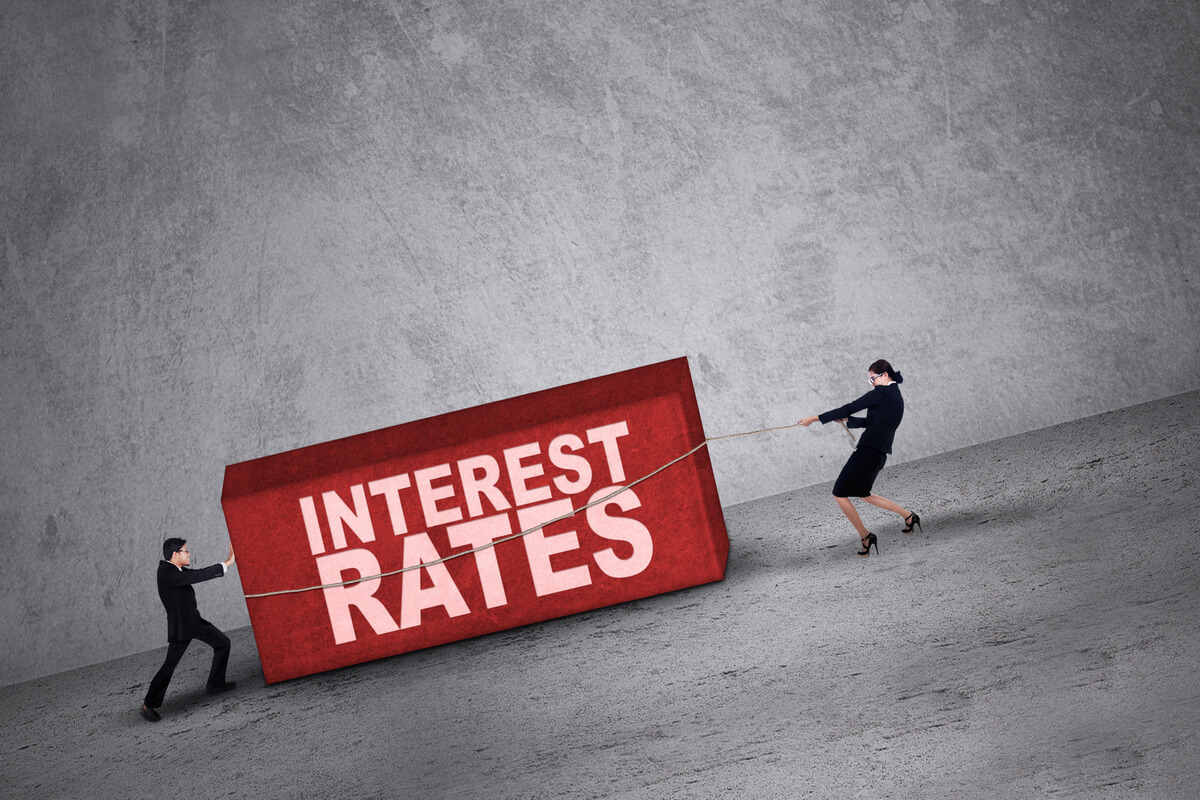
Con: Your interest rate may be higher.
Not only do you pay more in interest because the loan’s term is longer, but you also may pay more simply because the interest rate is higher. Although the monthly payment is easier to make with a 30-year mortgage, many lenders charge higher interest rates for longer mortgages than they do for 15-year or 20-year loans. On a month-to-month basis, they know that you’re more likely to be able to make a smaller payment. However, the overall risk of missed payments is spread out over a longer period of time. The longer the lender is taking the risk, the higher your interest rate may be.
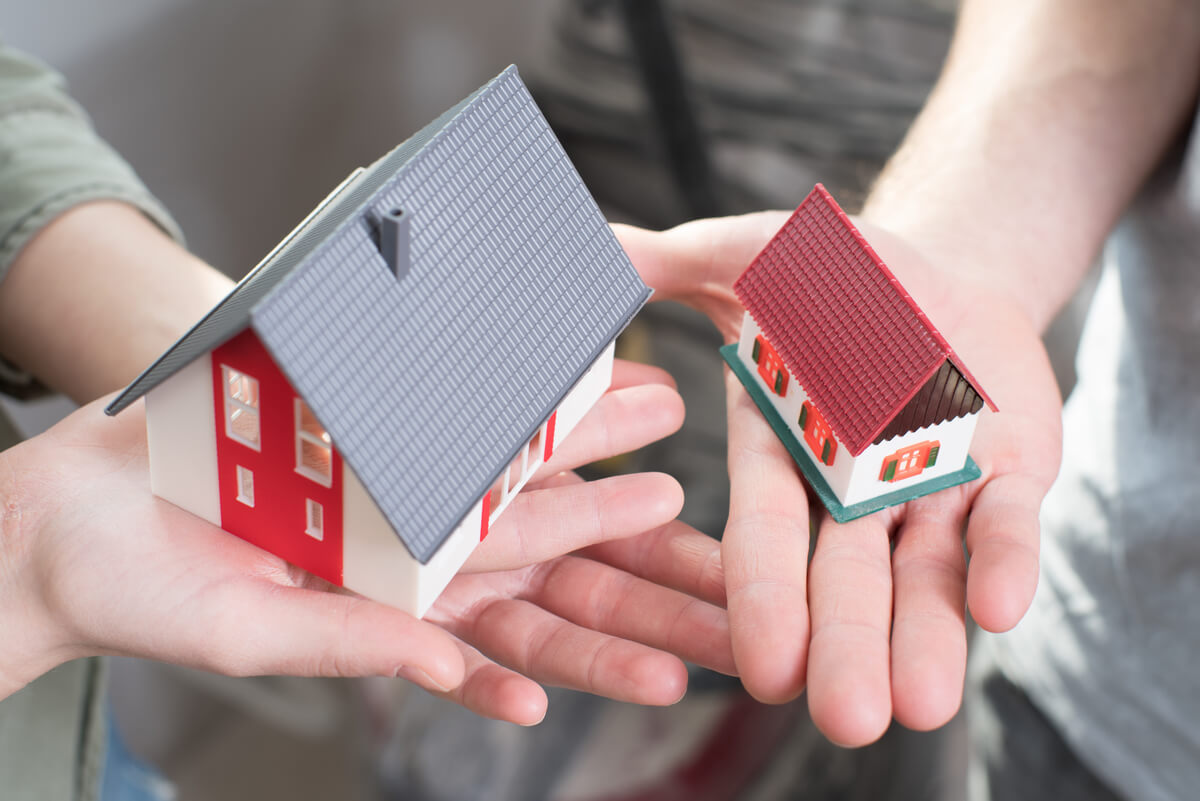
Pro: You may be able to qualify for a larger home.
A longer loan term could help you qualify for a larger home. While payments for a $500,000 home may not be manageable under a 15-year or 20-year mortgage, they may fit within your budget if you lengthen the loan to 30 years. This can be especially helpful if you plan on having a family as you can look for homes that are large enough to accommodate your future goals.

Con: You’re at risk of over-borrowing.
It’s not always wise to accept the maximum loan amount that you qualify for. You don’t want your mortgage to be a major source of stress in your life, and you don’t want to barely make ends meet each month. A 30-year mortgage sometimes tempts people into buying houses that are harder to afford. Then, when they run into unexpected financial issues, they’re in trouble. While it’s great to think ahead to the future, you also have to consider what you need and don’t need right now.
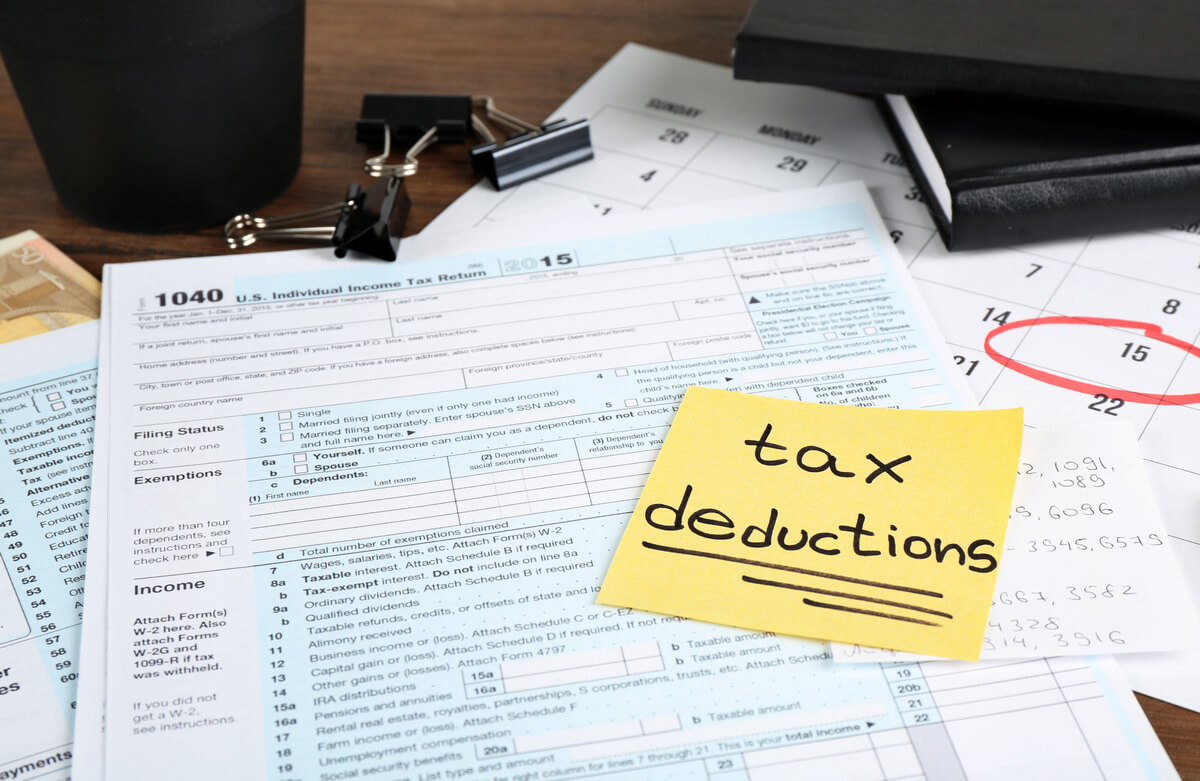
Pro: It gives you a sizable tax deduction in your first few years.
You can deduct your interest payments on your mortgage from your taxes. In the first couple of years of the loan, the majority of your payments are interest, so you can take a sizable deduction. This is true even with shorter loan terms, but you’ll get an especially large deduction with a 30-year mortgage. Finances can be tight after buying a home, so a big tax refund could be incredibly helpful for contributing to an emergency fund or paying for repairs or upgrades for your home.
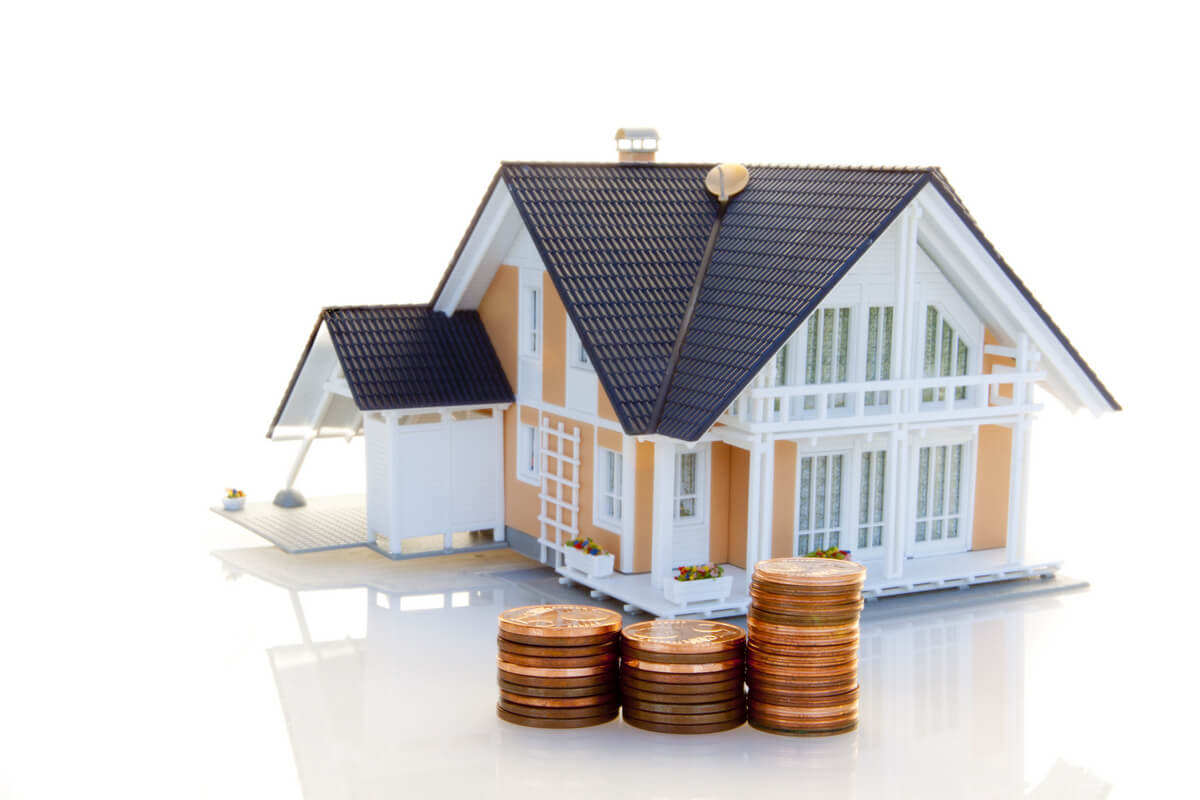
Con: It takes longer to build equity in the home.
When so much of your monthly payments go toward interest in the first few years, building equity in your home can be a slow process. If you decide to sell the home after a couple of years, you might barely break even on the sale. If the market has dipped since you purchased the home, you may even find yourself underwater on the loan. This is one reason experts recommend that you only buy a home if you plan on living in it for at least five years. Especially with a 30-year mortgage, building equity in the property takes time.
A 30-year mortgage can be an accessible way for people to become homeowners. The monthly payments are lower, which is key for achieving and maintaining your financial stability. When you look at the long-term implications of 30-year mortgages, though, they don’t look as appealing as loans with shorter terms. To decide whether or not a 30-year mortgage is right for you, you should consider your current finances as well as your future goals.


